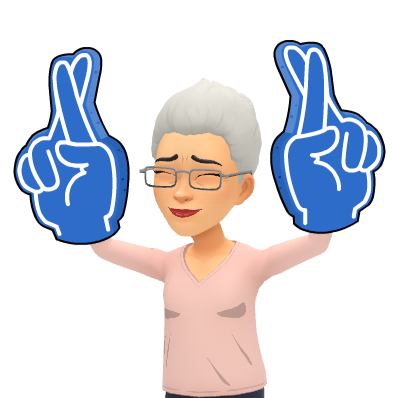 |
| Undated photo (late 1990s) of me teaching tap |
 |
| 1993 Toronto Beaches Easter Parade (circled figure is me) |
My daughter (who has given me permission to write about her and this topic) just recently obtained her very first paid job. She just finished her first year of university and was ready to commit to something other than her studies. Initially, she had hoped to parlay her volunteer work at a certain institution into part-time, paid employment, but this didn't turn out as planned. Instead, she works as a "squire" at Storm Crow Manor. The establishment (https://www.stormcrow.com/location/storm-crow-manor-toronto/) describes itself as
Toronto's geekiest bar! Opened in late 2018 in an elegant Church St mansion, it includes a sanity-shattering array of theme rooms, secret doors, catacombs, cyberpunk bars, glowing, bubbling cocktails, randomly-generated burgers and, oh yeah, tentacles.I would not have pegged Mary as being eager to work in the service industry, especially at a restaurant/bar. However, she really loves working at Storm Crow Manor. Part of it has to do with the atmosphere. The particular environment means that she can chat about Doctor Who, role playing games, anime or any kind of pop-culture phenomenon with customers and staff alike. They just had a "Halloween In July" event, co-sponsored by Fan Expo Canada, where cosplay was expected (and enjoyed). The people have also made Mary very happy at her first job. Her managers have been super-supportive and her fellow employees have made her feel welcome. They make it worth the travel time.
 |
| This is Mary and our good friend Denise taking us to Storm Crow Manor for the first time in April 2019 |
We live in north Scarborough. Storm Crow Manor is at Church and Wellesley in Toronto. I used to drive my daughter 20 minutes to south Scarborough so she could catch the subway directly. Once there, it usually took her 30 minutes. 50 minutes one-way is not an excessive hardship unless it gets so late that the subway stops operating. Then the choices are the late-night bus that drives all the way along the Danforth to Warden Station, a taxi / Uber, (which would eat up a lot of the money she would make that evening) or the kindness of parents who are willing to drive downtown. Last Saturday, we picked the final option and drove down to pick her up because she was booked for the closing shift. She got out at 3:00 am and we got home by 3:30 am. Boy, were we tired!
It led me to reflect about how commuting impacts work experience. In my recent Library AQ course that I ran, I had individuals taking public transit for nearly an hour one way to make it to my school. I had participants driving from North Brampton to Scarborough for the course. They never complained but I suspect that the issue was present in the backs of their minds. If class ended closer to 4:00 pm instead of our regular 3:30 pm, what would that mean for the traffic volume? How much more time would it add to their journey? We always began our mornings with a community circle, which led to a bit of flexibility with our start time. This was a benefit when there were accidents along Highway 401 (according to this website, the busiest in North America) which led to tie-ups and unexpected delays. And it wasn't just my participants either.
The one saving grace for the AQ course was that it was only ten days. This made me think about some of the teachers I know that have lengthy travel times as part of their regular day-to-day routine. One teacher at my school lives in Bowmanville. A vice-principal I know lives in Whitby but her school is in the west-end of Toronto. Anything related to a location near Eglinton Avenue will add significant delays. When it's your first job as an administrator, or at a location that brings you a lot of joy, you don't want to complain about the commute. But this comes at a cost. A quick online search found these articles about the impact of commuting on people.I'm driving from the Beaches (well, you have been to my house) to Leslie and Finch. It's almost an hour each way.— Andrea Kwok (@mrskwokclass) July 14, 2019
- Long commutes lead to lower happiness, obesity and high blood pressure = https://www.healthline.com/health-news/heres-how-your-commute-can-hurt-your-health
- Long commutes equal work performance decreases, damage to social life, and financial costs = https://engage.gov.bc.ca/app/uploads/sites/391/2018/08/Closer-Commutes.pdf
- Long commutes put stress on families and mental health = https://www.scientificamerican.com/article/commuting-takes-its-toll/
It takes me 15 minutes to get from my house to my school. That's 30 minutes per day. Even though it'd be healthy for me to switch schools at some point, I'm extremely reluctant nowadays to even consider the idea. I like the lack of travel time. Shorter commutes mean I'm willing to stay behind after school to run an extra club, or stay late to clean the library.
Each of the articles I linked to above have suggestions for solving the problem of long commutes. For my daughter, I predict that her youth, enthusiasm for the job, and considerations when scheduling her for shifts will mean that she'll stick with the position during the school year. For others, who struggle to afford to live in the city where they work and try without success to transfer to locations closer to home ...





















































